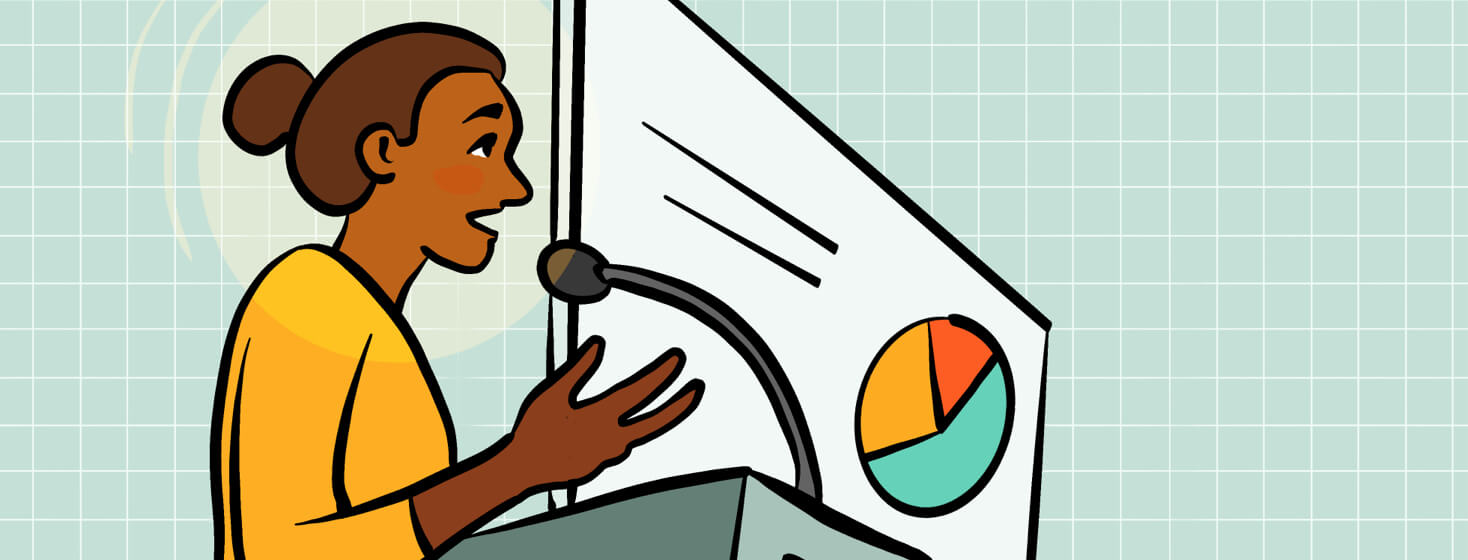Finding My Voice Again
“Strive to find your own voice; the longer you wait to begin the less likely you are to find it all.” -Robin Williams
After suffering my second stroke, I was diagnosed with aphasia. Aphasia is a communication disorder that affects speech and a person's understanding. I remember waking up and wanting to talk but could not. I would use my phone with my left hand to type my answers to questions people would ask me in the hospital. After having a thrombectomy (removal of a blood clot), my ability to communicate with my voice was very limited and my whole right side was weak. I also struggled, and still struggle, with writing because I am right-handed. When the doctors transferred me to in-patient rehab I was in bad shape. The doctors assigned me to occupational, physical, and speech therapists who worked with me for less than a week. After the physical therapist cleared me the other therapists cleared me as well, but my speech and my writing still needed work.
The start of my social anxiety
When I got discharged from rehab the doctors scheduled a nurse, and an occupational, physical, and speech therapist to see me a few times a week. The speech therapist only came once a week which confused me because to my ears my voice sounded horrible. After all the therapies were over, I was left to figure life out for myself. I stopped talking, any activity that required me to speak, I wasn’t doing anymore. My mom had to speak on my behalf every time we went somewhere and on the phone. This slowly turned into social anxiety.
I didn’t start going to therapy for social anxiety until last year because I found myself avoiding anything dealing with socializing with people. My heart would race when the phone would ring, or I had to make phone calls, and I would be speaking so fast that the person on the other end had to tell me to repeat what I said. Speaking in general became so stressful to me because there were so many things going through my mind. How my voice sounded was always a question on my mind constantly. Even when talking to my family, nervousness and anxiety would come. It got so bad that I wouldn’t even answer my phone when people would call me.
It was imperative that I start seeing a therapist or my social anxiety would never get better. So, my primary care doctor gave me a referral to see a therapist. My appointment was via video which automatically made me nervous, but I was determined to get to the bottom of my anxiousness.
Getting support to find my voice again
I informed her about my struggles with speaking in front of people and how nervous I would get. My heart would race and I would get sweaty and start speaking fast to the point where nobody understood what was being said. She began asking me what would go through my mind when I spoke. It felt like everyone was judging me because of the way I spoke, and it felt like everyone around me knew everything about me and my medical history. She acknowledged my journey and congratulated me on overcoming so much. She then informed me that she didn’t see anything wrong with my voice and that I was speaking clearly. I then told her that I was in fear of people hearing my voice. My therapist told me that FEAR stood for false evidence appearing real. Most of the time when you have insecurities you feel like everyone can see them and most of the time nobody is even paying attention.
She gave me homework. The first thing was to find affirmations that resonated with me to give me a boost of confidence. The second thing was to write 5 positive things about myself before I got on the phone or before I spoke. And the third thing that she told me was to write a letter to myself before I had the stroke so I could see how far I’d come.
Conquering my fears and helping others with heart failure
Since then a lot of fellow heart and stroke patients started reaching out for me to be a special guest on their podcasts because they want to hear about my heart journey. An emergency physician who worked at the University of Maryland Medical school, got my number from my transplant team because they wanted to teach future doctors about the patient's experience. Also, being a former LVAD patient and then a heart transplant. The emergency room physician told me there would be 150 medical school students and she wanted me to share my story with them. So, I took a deep breath and agreed to give a presentation. I just kept telling myself in order to face my fears I actually had to speak. The nervousness was obvious initially, but as I started to speak it melted away. I felt so proud of myself for conquering the fear of speaking in public. Are you struggling with fear of something?
Do you have a heart failure story? Click the button below to share with our community!

Join the conversation